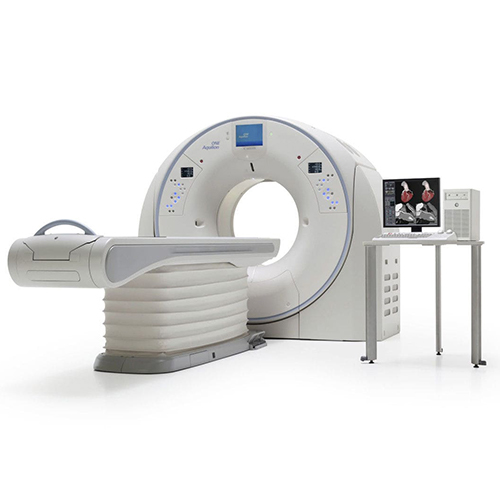Health Expert

Jackie Werner, MD
OB-GYN
816.452.3300
Read more about Dr. Werner's approach to women's health.
There are more than 5.5 million pregnancies on average in the U.S. annually, and nearly half are unintended. Planning for a child can help women and their families avoid the potential financial, health and social problems that could arise from an unplanned pregnancy.
What Is Family Planning?
Family planning is making plans and taking actions that can help a woman achieve her reproductive goals. This may include getting pregnant, preventing pregnancy, preserving fertility or growing a family through non-traditional methods, such as adoption or assisted reproductive technology. Birth control and preconception health are two important aspects of a woman’s care when she is considering trying for or preventing pregnancy.
Types of Birth Control
No one birth control method works for all women. When deciding on a type of birth control, there are several factors to consider; such as the method’s effectiveness, how it will affect menstrual cycle, overall health, and other non-contraceptive benefits or side effects of the method. Common contraceptive options, including their effectiveness, are:
- Implant, 99%
- Intrauterine device (IUD), 99%
- Injection, 94%
- Patch, 91%
- Pill, 91%
- Vaginal ring, 91%
- Male condom, 82%
- Natural family planning, 76%
Fertility Care and Support
Even when you and your partner are ready to start a family, it may not go as planned. About 13% of women ages 20-49 struggle with fertility or the ability to get pregnant. Fertility decreases with age and is highest for most women in their early 20s.
Our OB-GYNs can help women struggling to conceive naturally by evaluating factors that affect fertility, including chronic conditions, diet, exercise, health history, medications and weight.
“You should consider fertility evaluation after one year of trying to conceive naturally,” said Jackie Werner, MD, Club W medical director and OB-GYN with Meritas Health Pavilion for Women. “Women ages 35-39 should check their fertility after six months of trying, and those age 40 and older should have their fertility evaluated immediately if they are trying to conceive.”
If you want to start a family in the future or have been actively trying to conceive, speak with a Meritas Health OB-GYN to learn more and gain support.
Related Articles

March 9, 2020
3 Sneaky IBS Triggers
For people with irritable bowel syndrome, spring may spark a flare-up in symptoms

June 5, 2024
5 Consejos Sobre Nutricion para un Estilo de Vida Mas Saludable
Una alimentación saludable y una nutrición adecuada desempeñan un parte importante a la hora de mantener una buena salud. Aquí le mostramos cómo mejorar sus hábitos nutricionales.

May 31, 2024
5 Nutrition Tips for a Healthier Lifestyle
Healthy eating and proper nutrition play a big part in maintaining good health. Here's how to improve your nutrition habits.


